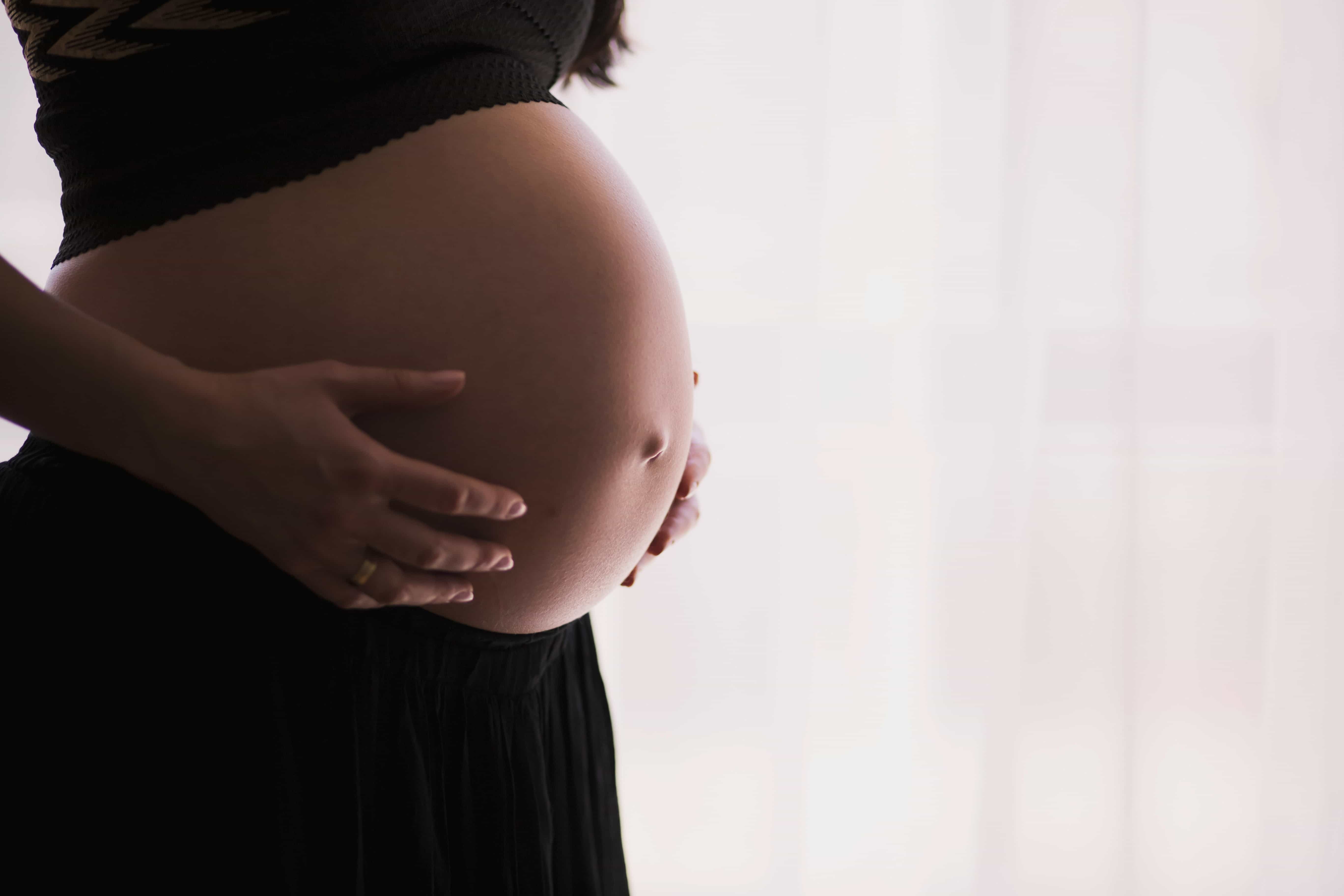During the COVID-19 pandemic, daily life was transformed in countless ways, creating heightened stress for everyone, especially for pregnant individuals. A new study has found that this period of disruption not only affected mental health but also led to noticeable changes in the gut microbiomes of pregnant people. By comparing gut bacteria samples from pregnancies before and during the pandemic, researchers discovered distinct shifts in bacterial diversity and composition, even though stress levels were not significantly different. These findings highlight the potential for external stressors like global health crises to alter the gut environment, which plays a key role in overall health.
Gut Health During Pregnancy – Why It Matters
Gut bacteria, collectively known as the microbiome, are essential for various functions, from aiding digestion to supporting immune responses and mental health. For pregnant individuals, maintaining a balanced microbiome is especially important. During pregnancy, stress is a known factor that can change gut bacteria, potentially affecting the mother’s and baby’s health. The gut-brain axis - a system through which gut bacteria communicate with the brain - means that microbiome imbalances may influence mental well-being, affecting both mood and stress levels.
This study aimed to understand whether the COVID-19 pandemic, a time of prolonged stress and lifestyle shifts, caused measurable changes in the gut microbiome of pregnant individuals. Given the close link between gut health and mental health, these insights could help explain potential long-term effects on both mothers and their children.
The Study: Gut Microbiomes Before and During the Pandemic
To explore these questions, researchers conducted a cohort study, recruiting participants between February 2019 and December 2021. They collected gut bacteria samples and assessed stress and depressive symptoms at various stages of pregnancy. Participants were divided into two groups: those whose pregnancies occurred before the pandemic and those who were pregnant during it. Using advanced microbiome analysis techniques, the team examined bacterial diversity and relative abundance to spot any significant shifts.
Interestingly, while perceived stress and depressive symptoms didn’t significantly differ between the two groups, changes in the gut microbiome were clear. During the pandemic, there was a decrease in the diversity of gut bacteria, especially in the first two trimesters. This means that the pandemic environment - whether due to stress, altered routines, or other factors - was associated with notable microbiome changes even when the mental health scores stayed relatively stable.
Key Microbial Changes Linked to the Pandemic
The pandemic group showed reduced levels of specific bacterial genera, including Megasphaera, Parabacteroides, and Sneathia, while Actinomyces levels were higher compared to pre-pandemic pregnancies. Some of these bacteria, like Megasphaera and Sneathia, have been associated with inflammation and certain pregnancy-related complications. For example, Sneathia has links to bacterial vaginosis, a condition that can lead to complications if untreated.
These changes suggest that environmental factors during the pandemic may have contributed to shifts in gut health. Lower diversity in gut bacteria has been linked to a range of health issues, so these findings could indicate a heightened vulnerability to digestive and immune challenges for pregnant individuals during stressful periods like the pandemic.
Potential Health Implications and Future Directions
This research underscores the resilience of the gut-brain connection and its sensitivity to external conditions. While the full health implications of these microbiome shifts are not yet clear, maintaining a balanced microbiome during pregnancy is essential for both maternal and child health. Imbalances could potentially affect the mother’s mental health, digestion, and immune function and might even influence the baby’s microbiome, which develops partly from exposure to the mother’s bacteria during birth.
Moving forward, researchers hope to examine whether interventions such as probiotics, dietary adjustments, or stress management techniques might help balance the microbiome for pregnant individuals under stress. By studying how major disruptions like the COVID-19 pandemic impact maternal and fetal health, this research lays the groundwork for developing strategies to support well-being during future crises.
The results of this study highlight the importance of gut health in pregnancy and suggest that maintaining a stable microbiome could be a valuable way to support mental and physical health, especially during challenging times.


